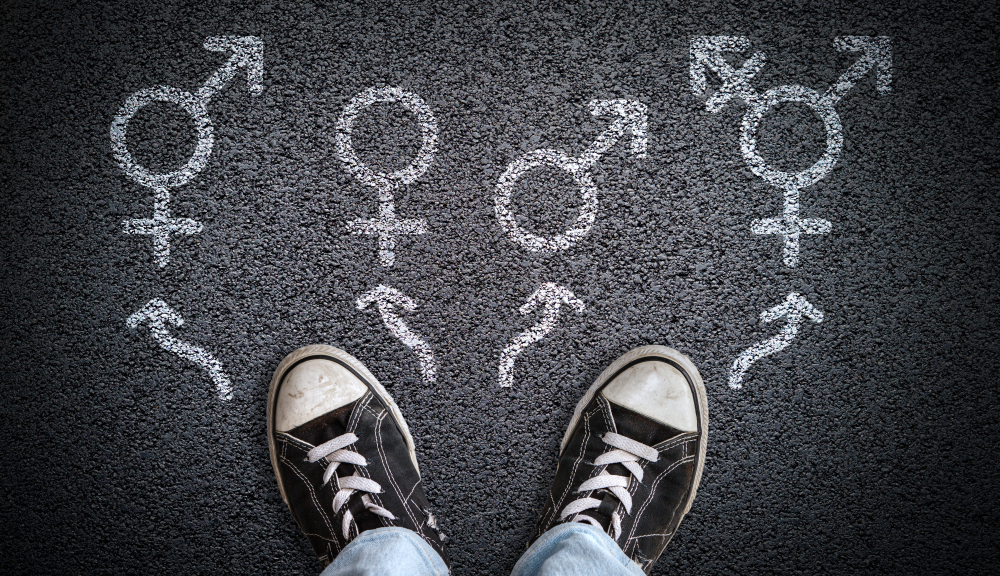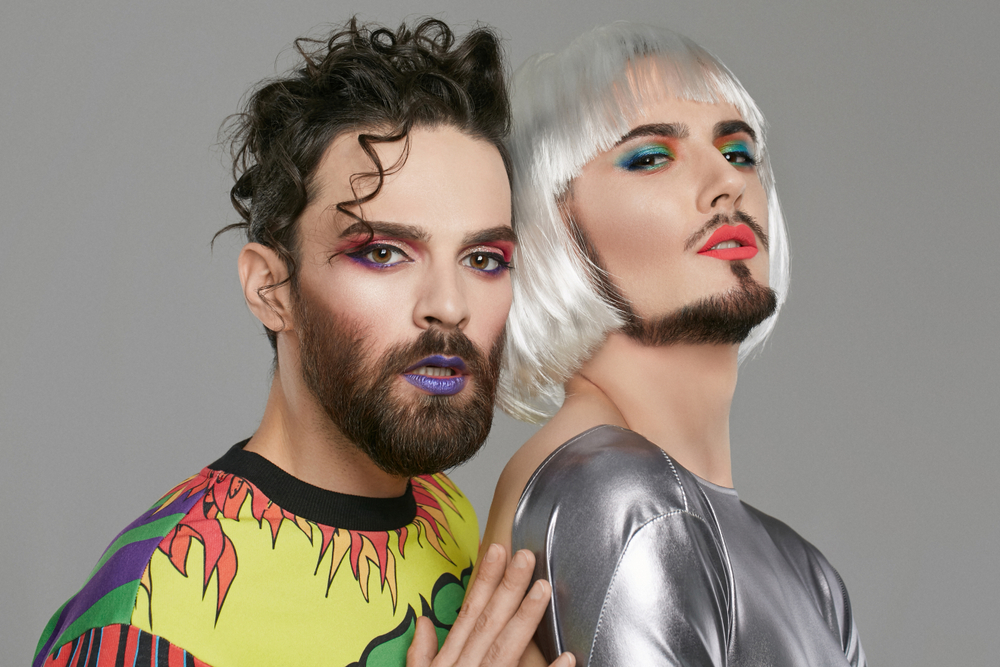I’m worried that my curmudgeon is showing. That I’m being bad tempered and old fashioned because I’m having a bit of challenging being expected to tell people what pronouns I use.

Declaring your pronouns seems to be the new expectation – or it is being encouraged at the Unitarian Universalist Fellowship of Fredericksburg where I go to try to nurture my spirituality (you know the joke about Unitarians – “people who want to be religious, but they don’t know how”)
This pronoun imperative is a consequence of us being in an age of gender fluidity – a major issue in itself, that is associated with some significant mental health problems.
The Times They Are a Changing
When I was in medical school if you had a Y chromosome you were male. You wore pants not makeup, played rough games like rugby and football, drink beer, acted boorishly and everyone unquestioningly called you he/him.
If you had no Y chromosome but two X’s, you were female, you wore dresses, you simpered, you shopped, you nurtured the children and you were referred to as she/her.
Sorry if I’m seeming offensive with my examples of sexual stereotypes. But the point is, your dress, behavior and pronouns were largely predicated by what sex you were. What’s changed is that now, someone’s biological sex does not determine their gender.
We are in the age of trans-gender, gender-fluid, non-binary - whatever term you use for it –
“where the brain is not tied to any one gender” explains roddy biggs, new intern minister at the Fellowship, who is gender fluid, and who goes by the pronoun “they/them” and who is sympathetic to the plight of local trans-gender youths and showing it by being instrumental in the creation of a “Safe Sanctuary” get together for local LGBTQ youths at the Fellowship once a month.
roddy (whose name is spelled without capitals) claims people are more willing to accept and disclose being non-binary now. On a personal note, roddy shared with me that their non-binary-ness became more apparent as they discovered more about themselves and the world around them (writing this, I still struggle with using “they” and “their” and not “he” or “his”)
Conflict
It’s not just me. The world as a whole has not quite caught up with this. The DMV and the INS are still stuck in the dark ages - your passport and your driving license allow no fluidity. And I hear complaints about filling out forms at the doctor’s office because “you have to declare whether you are male or female.”
Worse still is the position of some, mainly Republican, politicians who want to tell you what bathroom to use, books you can read, sports team you can be on– even know about your menstrual history.
Or you are liable to prosecution if you go with what is usually a very powerful imperative, to change sex, with the aid of hormones and/or surgery.
A consequence of this is that gender dysphoria – as the condition of mismatch between assigned sex and gender identity is called – can lead to not just things like shame and isolation, but anxiety, depression, PTSD, and suicide, which is “up to seven times more likely” notes roddy.
My own, personal, maybe rather trivial seeming, conflict is whether the pressure to announce my own pronouns is necessary to let transgender people know I am alert and sympathetic to gender fluidity, and will not intentionally “misgender” them (use an inappropriate pronoun), which some consider a form of verbal violence, or even hate speech.

Or whether, as M.J. Murray, Associate Professor of Gender and Sexuality Studies at University of Illinois notes, I should be like the people who consider a public request for your pronouns a form of “administrative violence” that “isn’t a request at all. It’s a subtle but powerful demand that effectively disables the recipient of the request, and threatens negative consequences for any questioning, resistance or refusal.”
Ah, the conflicts a curmudgeon can be subject to these days.


2 Responses